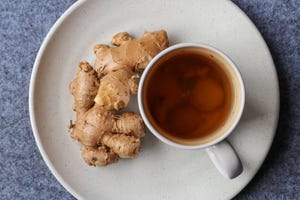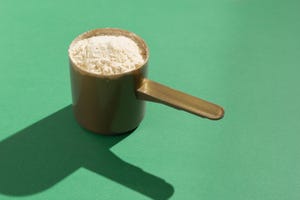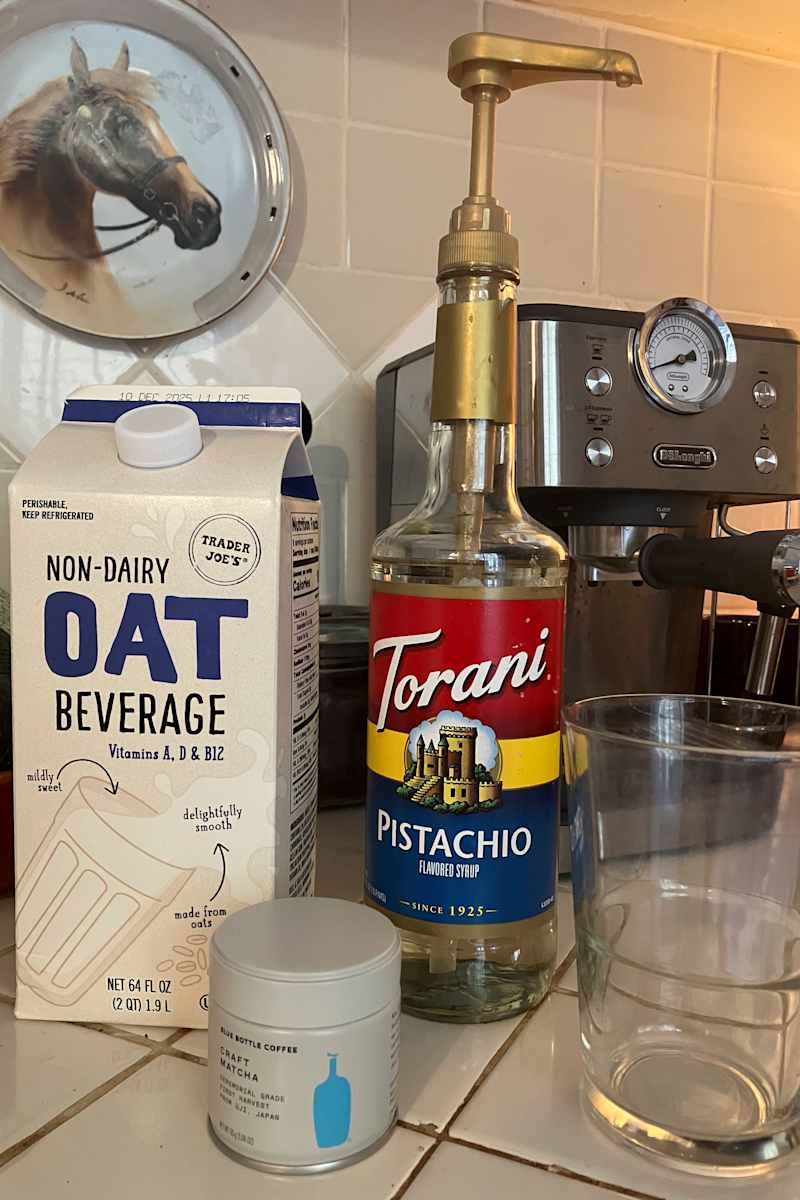Summary
Sometimes you dont want to reach for over-the-counter pain relievers. Try these food-based alternatives instead.
Source: cnet

AI News Q&A (Free Content)
Q1: What are some foods that can naturally help relieve headaches and how do they work?
A1: Foods like salmon, ginger, and dark leafy greens are known to help alleviate headaches. Salmon is rich in omega-3 fatty acids, which reduce inflammation that can contribute to headaches. Ginger, with its anti-inflammatory properties, helps block compounds that cause inflammation and pain. Dark leafy greens, such as spinach and kale, are packed with magnesium and B vitamins, which support nerve function and reduce stress, potentially easing headache symptoms.
Q2: How does magnesium in foods help prevent headaches?
A2: Magnesium found in foods like spinach and Swiss chard helps alleviate headaches by reducing stress and relaxing blood vessels. It is crucial for nerve function and can decrease or prevent migraines. Studies have shown that many people with migraines have low brain magnesium levels, and increasing magnesium intake can help reduce the frequency and intensity of headaches.
Q3: What role do omega-3 fatty acids play in headache management?
A3: Omega-3 fatty acids, prevalent in fatty fish like salmon and mackerel, act as anti-inflammatories and can reduce headache triggers. These essential fatty acids help reduce inflammation that may lead to headaches, thus providing a natural remedy for headache relief.
Q4: Are there any specific fruits that can help prevent or alleviate headaches?
A4: Fruits such as bananas and potatoes are rich in potassium, which can alleviate headaches. Potassium helps maintain fluid and electrolyte balance, which is vital for preventing dehydration-related headaches. Additionally, fruits provide hydration and essential nutrients that support overall health and can prevent headaches.
Q5: How can riboflavin-rich foods contribute to headache relief?
A5: Riboflavin, or vitamin B2, found in foods like mushrooms, quinoa, and eggs, can help with headaches caused by absorption issues or leaky gut. Riboflavin supports energy production and cellular function, which can reduce headache frequency and severity. Some studies suggest that riboflavin supplementation may decrease migraine occurrence.
Q6: What is the connection between blood sugar levels and headaches, and how can diet help?
A6: Reactive hypoglycemia, a drop in blood sugar after eating, can lead to headaches. Consuming carbohydrates that stabilize blood sugar, such as black beans, quinoa, and root vegetables, can help prevent these headaches. Maintaining stable blood sugar levels through diet can reduce headache frequency and intensity.
Q7: What are some common non-food-related causes of headaches?
A7: Headaches can be caused by dehydration, fatigue, sleep deprivation, stress, medication overuse, and viral infections. Other triggers include loud noises, head injuries, and certain foods. Identifying and managing these triggers, along with dietary changes, can help reduce headache occurrences.





